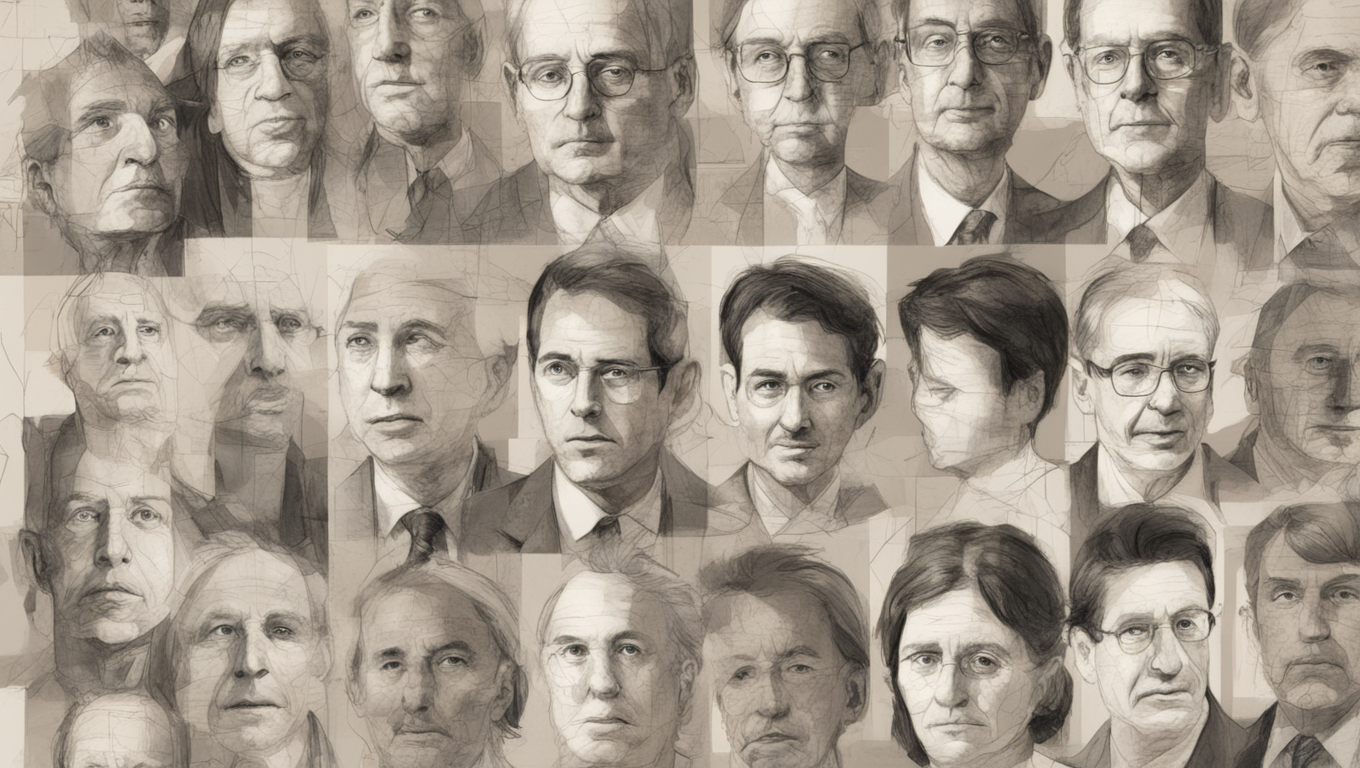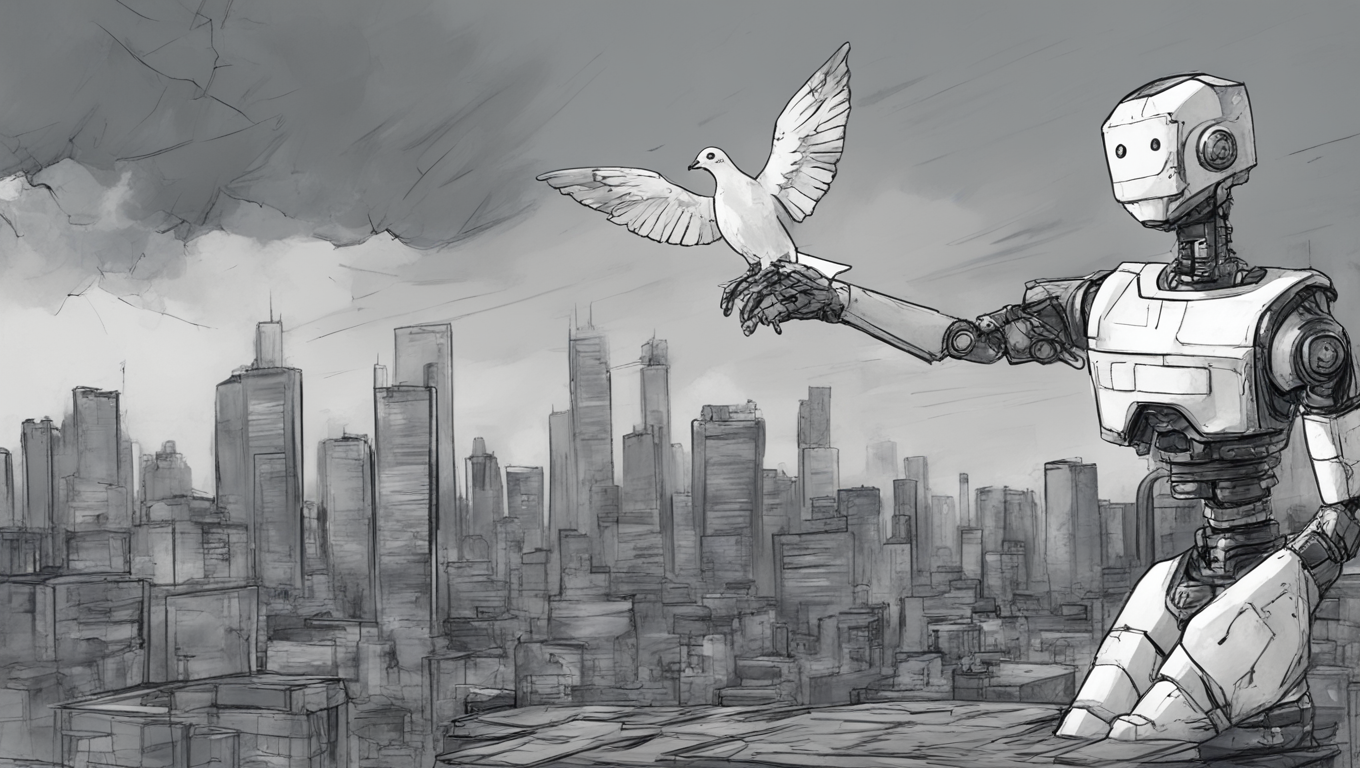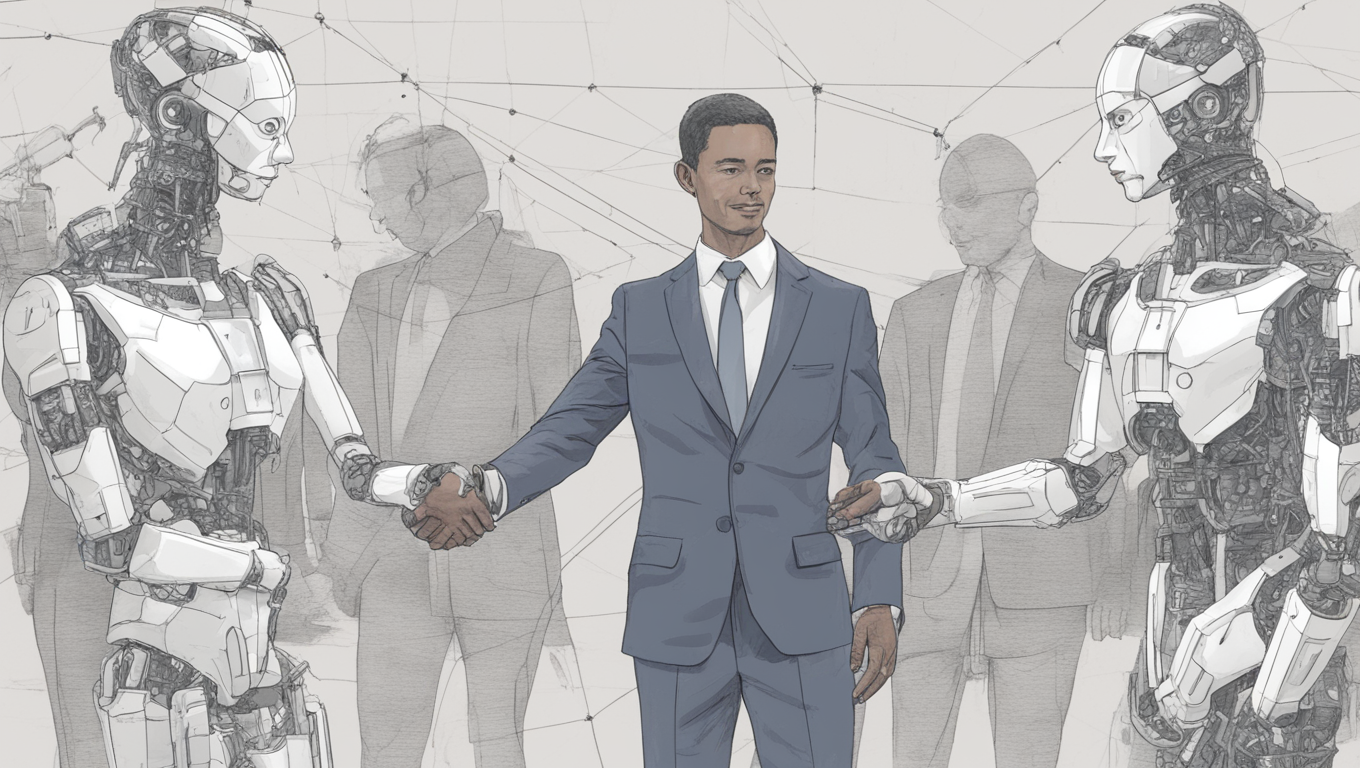Artificial intelligence (AI) facial recognition technologies are raising alarming concerns about privacy, as researchers have discovered that they can accurately predict a person’s political orientation based solely on their expressionless faces. In a recent study published in the journal American Psychologist, lead author Michal Kosinski highlighted the significant privacy challenges posed by these technologies. He compared the algorithm’s ability to predict political views with the accuracy of job interviews in predicting job success or alcohol’s influence on aggressiveness.
The study involved 591 participants who completed a political orientation questionnaire. The AI algorithm then captured a numerical “fingerprint” of their faces and compared them to a database of their responses to accurately predict their political views. Kosinski, an associate professor of organizational behavior at Stanford University’s Graduate School of Business, emphasized that people often fail to realize the extent to which they expose personal information simply by sharing a picture.
He pointed out that while measures have been taken to protect personal information such as sexual orientation, political orientation, and religious views on platforms like Facebook, people’s pictures remain easily accessible. According to Kosinski, seeing someone’s picture is equivalent to knowing their political orientation to some extent. He stressed the danger of this lack of control over privacy and called for greater awareness and action from policymakers, scholars, and the public.
To ensure the accuracy of the study, the participants' images were collected under controlled conditions. They wore black T-shirts to cover their clothing, removed jewelry and cosmetics, and styled their hair to minimize distractions. The facial recognition algorithm VGGFace2 then analyzed the images and extracted unique numerical vectors that were consistent across different images of the same individual. A linear regression was then used to map these vectors onto a political orientation scale, enabling predictions for unseen faces.
The authors of the study cautioned that their findings underline the urgent need to address the risks posed by facial recognition technology to personal privacy. They found that conservative individuals tend to have larger lower faces, suggesting a connection between facial features and political orientation. The study also warned that the widespread use of biometric surveillance technologies is more threatening than previously believed.
Kosinski explained that algorithms can be easily applied to millions of individuals quickly and at a low cost. He emphasized the need for vigilance and awareness regarding the technology pervasive in smartphones and other devices. The study’s authors concluded that even basic character trait predictions can significantly enhance the effectiveness of online mass persuasion campaigns, underscoring the importance of tightening policies related to facial image recording and processing.
In light of this study, it is clear that facial recognition technology presents serious challenges to privacy. The ability to predict political orientation through expressionless faces raises concerns about personal autonomy and the potential for abuse. As AI continues to advance, it is crucial for policymakers and society to critically examine the implications of this technology and enact measures that protect personal privacy and balance its potential benefits and risks.





Use the share button below if you liked it.